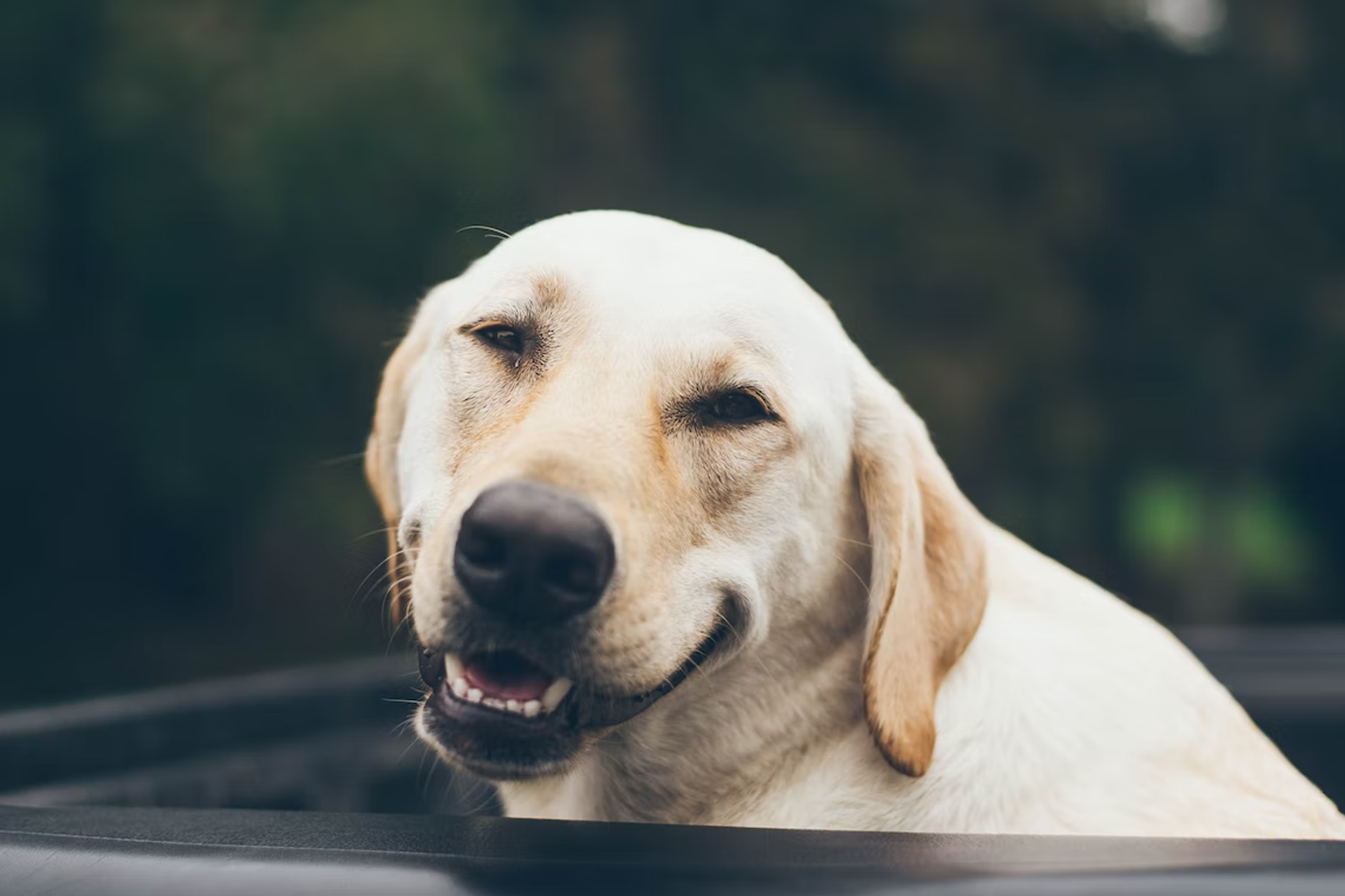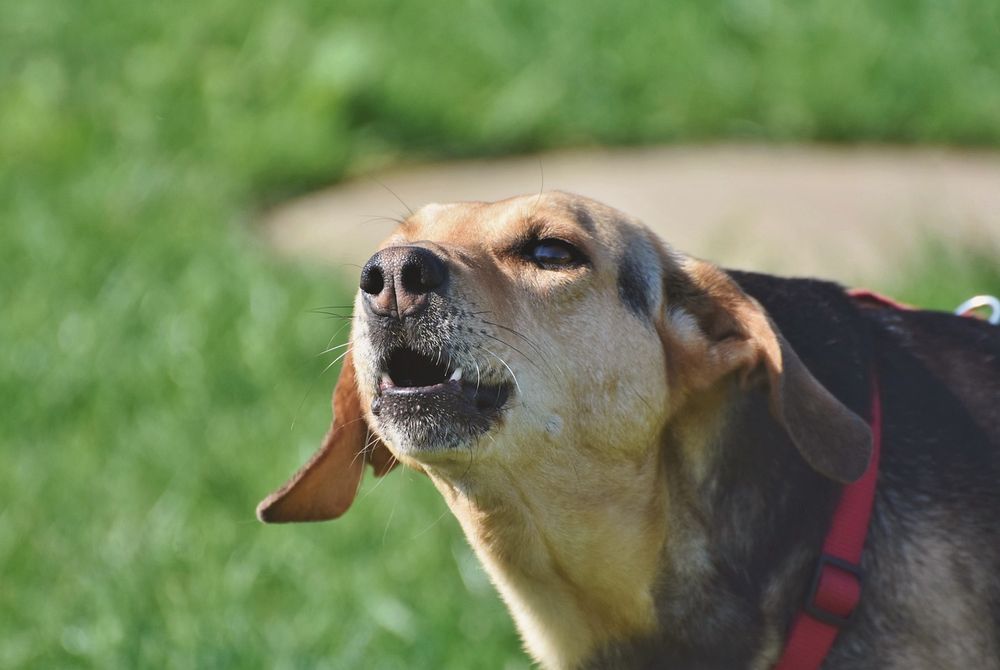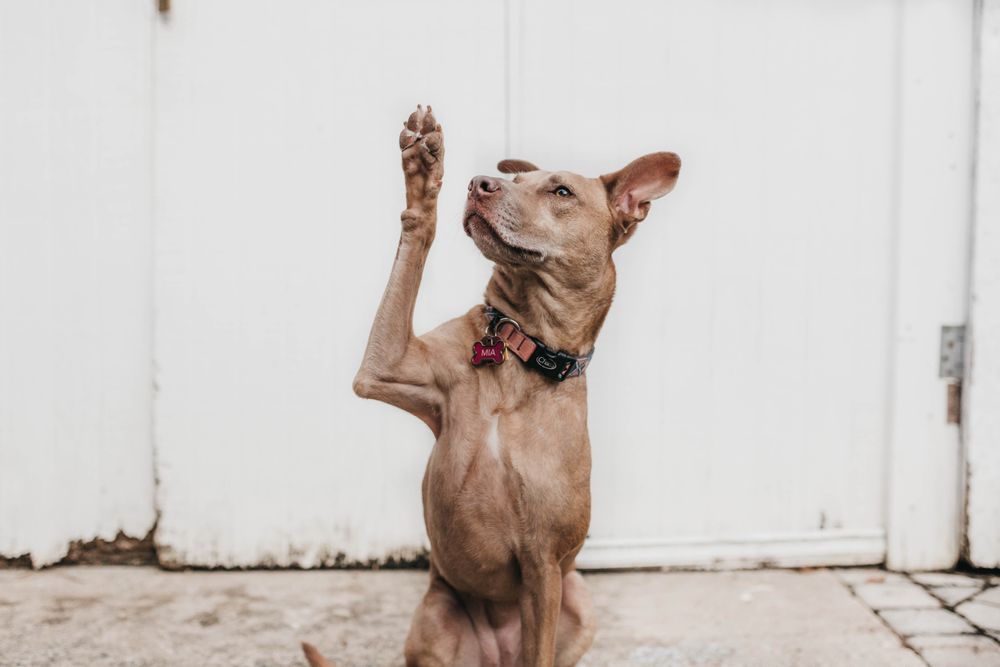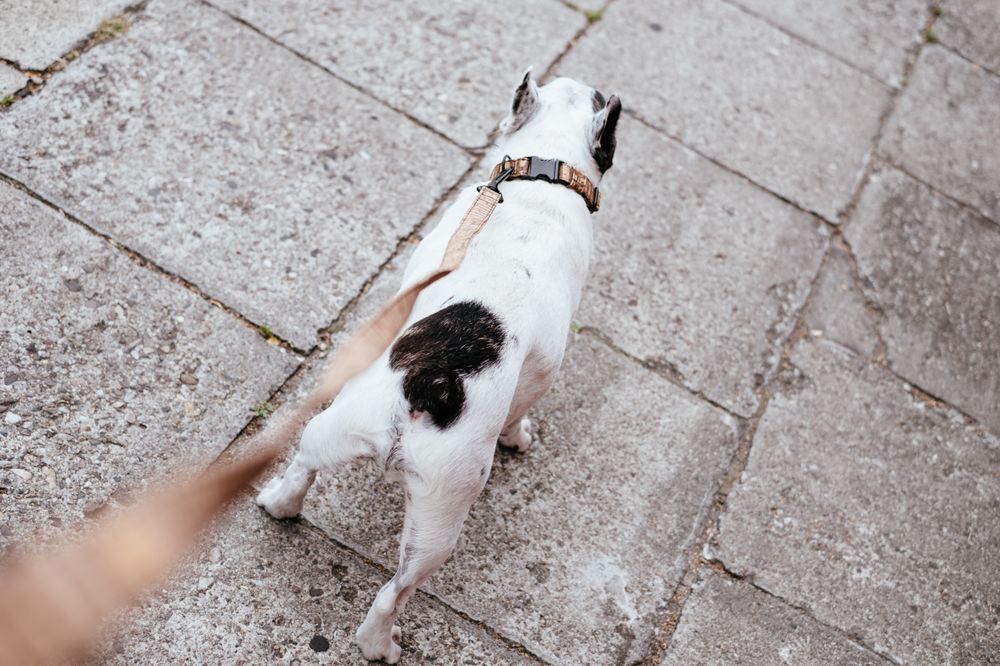While the majority of veterinarians recommend brushing a dog’s teeth daily, most people rarely (if ever) think about their dog’s dental hygiene. You can be the exception and get rewarded with fresh breath and your dog’s pearly white smile! With these lofty goals in mind, this article will explain:
- Why you should brush your dog’s teeth
- What you will need to brush your dog’s teeth
- How to brush your dog’s teeth
- Additional steps you can take to promote good oral hygiene in your dog
- Frequently asked questions about brushing a dog’s teeth
Why should you brush your dog’s teeth?
Dental disease is very common in dogs and according to VCA hospitals, “Over 80% of dogs over the age of three have active dental disease.” This is a major issue because dental disease causes pain, inflammation, infection, tooth decay, and when the bacteria gets into their bloodstream, it can even affect other organs like your dog’s heart, liver, and kidneys. By brushing your dog’s teeth regularly, you will reduce the likelihood that they suffer from dental disease and improve their overall quality of life.
What you will need to brush your dog’s teeth
All you need to brush your dog’s teeth is a toothbrush or finger-brush and a dog safe toothpaste – we like the enzymatic chicken flavored toothpaste.
How to brush your dog’s teeth
The key to brushing your dog’s teeth is to help them get comfortable with the toothbrush. To do this, start by simply showing your dog the toothbrush. Every time they sniff or lick the toothbrush, say “Yes” and give your dog a treat or other reward. By doing this, you’re helping them make a good association with the toothbrush.
Once your dog is comfortable with the toothbrush, you can slowly start brushing their teeth. To do this:
- Apply the toothpaste. Squeeze out a dime sized amount of dog approved toothpaste onto the toothbrush. Don’t use too much toothpaste, this could cause your dog to get an upset stomach.
- Lift your dog’s lip and brush one side of their mouth. Gently lift your dog’s lip so that a few teeth are fully exposed. From here, use the bristly side of the toothbrush to make small circles on the outside of their teeth. Focus on one tooth at a time.
- Work at your dog’s speed. To help your dog get used to having their teeth brushed, keep the sessions short and work at your dog’s speed. Start with the side of their mouth, and stop immediately if your dog shows signs of stress or discomfort.

What else can you do to promote good oral hygiene for your dog?
In addition to brushing your dog’s teeth, there are a few additional things you can do to promote good oral hygiene:
- Provide your dog with edible chew toys that promote good dental health. A few options we love include Greenies and OraVet Dental Hygiene chews.
- Consider adding anti-plaque water additives in your dog’s water. We love TropiClean Fresh Breath Dental Health Solution Dog Dental Water Additive. Be sure to pay attention to your dog’s drinking habits. If they don’t like the taste, they may develop an aversion to drinking water. If you see a decrease in your dog’s drinking habits, stop using the additive immediately.
- Choose dog food focused on dental health. Royal Canin® Veterinary Care Nutrition™ Canine Dental is a good option, but talk to your veterinarian to see if it’s suitable for your dog.
For a full list of dental products backed by the Veterinary Oral Health Council (VOHC), click here.
Frequently asked questions about brushing a dog’s teeth
Are there ways to clean a dog’s teeth naturally?
Chewing is a natural way for a dog to clean their teeth. This is because the act of chewing scrapes plaque off of teeth. Products like Bully Sticks, Benebones and Yak Chews are all great options. You can also include dental focused edible chews such as Greenies and OraVet Dental Hygiene chews.
What happens if I don’t brush my dog’s teeth?
If you don’t brush your dog’s teeth, there is a higher likelihood that they will develop dental disease. Dental disease causes pain, inflammation, infection, tooth decay, and when the bacteria gets into their bloodstream, it can even affect other organs like your dog’s heart, liver, and kidneys. By brushing your dog’s teeth regularly, you will reduce the likelihood that they suffer from dental disease and improve their overall quality of life.
How can I freshen my dog’s breath without brushing?
To freshen your dog’s breath you can provide them with edible chew toys (e.g. Greenies and OraVet Dental Hygiene chews), add anti-plaque additives to their water (e.g. TropiClean Fresh Breath Dental Health Solution Dog Dental Water Additive) or choose a food that’s focused on dental health (e.g. Royal Canin Veterinary Care Nutrition Canine Dental).




